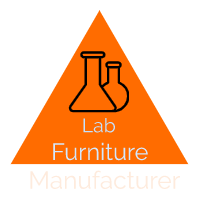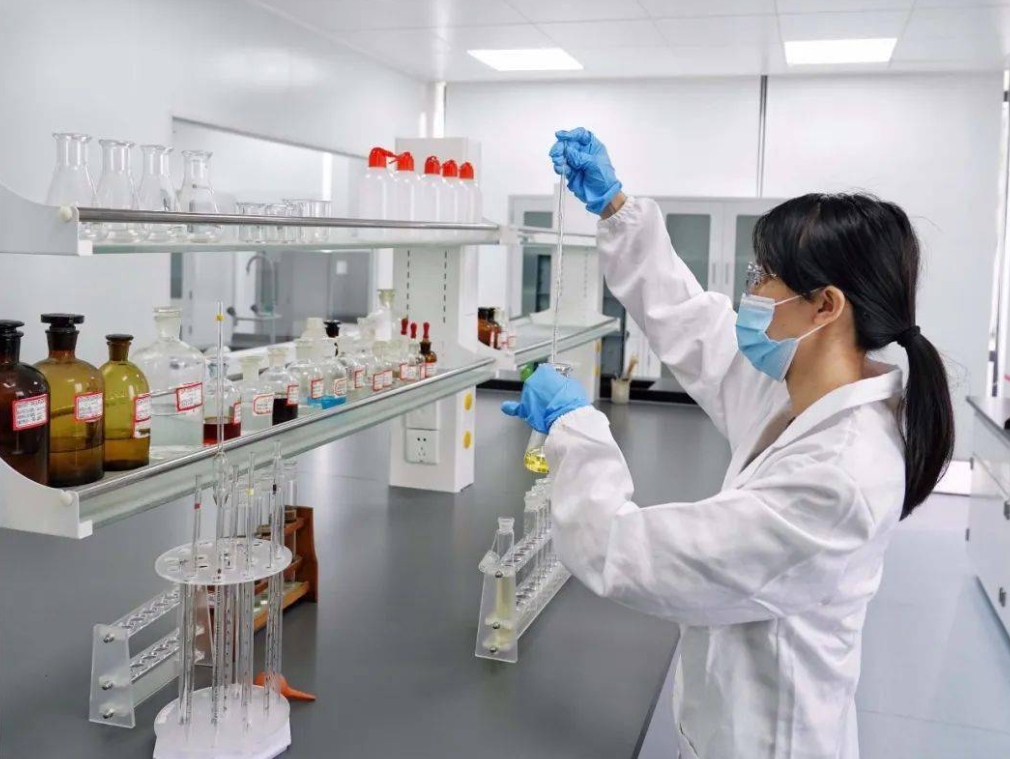Table of Contents
Water quality is a growing concern as industries, businesses, and governments strive to ensure clean and safe water for consumption, agriculture, and industrial use. Starting a water quality testing lab business can be a rewarding venture, both financially and in terms of environmental impact. This article will guide you through the key steps, from understanding the market to setting up a cost-effective operation and finding customers. Let’s dive in!
The Market of Water Quality Testing Labs
The demand for water quality testing services has been steadily increasing due to heightened awareness of water safety, stricter environmental regulations, and the need for water quality assurance across various sectors. Industries such as agriculture, food processing, pharmaceuticals, municipal water facilities, and environmental organizations all rely on regular water quality testing. Additionally, concerns over contaminants like lead, arsenic, bacteria, and other harmful substances have made water testing a necessary service for households and communities.
Global trends point to the growth of water quality testing as a critical component of health and environmental protection. Factors driving this growth include:
- Rising industrialization: Industries require constant monitoring to ensure compliance with environmental standards.
- Government regulations: Stricter environmental laws have led to the expansion of testing protocols.
- Public health awareness: Awareness campaigns on clean drinking water have increased demand for regular testing.
Understanding your target market is crucial. Depending on your location, you might want to cater to residential customers, industrial clients, government agencies, or environmental firms.
The Qualifications of a Water Quality Testing Lab
To start a legitimate water quality testing lab, there are several qualifications and accreditations you’ll need to obtain:
- Licensing and Accreditation: Depending on your country, there may be specific regulatory bodies that govern laboratory accreditation. For example, in the U.S., labs must often be certified by the EPA or follow ISO 17025 standards for water testing.
- Skilled Personnel: You will need to employ or train professionals with a background in chemistry, biology, environmental science, or related fields. Certified water testing technicians should be part of your team.
- Compliance with local and international standards: It’s essential to comply with guidelines from organizations like the World Health Organization (WHO) and environmental agencies.
Accreditation not only assures the quality of your services but also builds trust with your clients, which is vital for gaining contracts and establishing a solid reputation.
What Equipment Do You Need to Buy?
A well-equipped water quality testing lab requires several key pieces of equipment to conduct accurate tests. Here’s a basic list:
- Spectrophotometers: These are used for analyzing contaminants in water, such as metals, pesticides, and chemicals.
- Turbidity Meters: These measure the clarity of water, an important indicator of water quality.
- pH Meters: Essential for determining the acidity or alkalinity of the water sample.
- Total Organic Carbon (TOC) Analyzers: Used to measure organic pollutants.
- Conductivity Meters: These measure the ability of water to conduct electricity, indicating the level of dissolved salts and minerals.
- Incubators and Membrane Filtration Units: These are critical for testing bacterial contaminants, such as E. coli.
- Autoclaves: Sterilization equipment is vital for maintaining clean testing environments.
- Sample Collecting Kits: For taking and preserving water samples in a contamination-free manner.
While high-end equipment can be costly, investing in quality instruments is crucial for providing accurate and reliable test results.
How to Set Up in a Cost-Effective Way?
Starting a water quality testing lab doesn’t have to break the bank. Here are some strategies to set up your lab in a cost-effective way:
- Start Small: Rather than opening a large-scale lab, start with the essential equipment and offer a limited range of services. This will reduce your initial setup costs while still allowing you to serve local or niche markets.
- Lease Equipment: Instead of purchasing expensive equipment upfront, consider leasing or renting machinery. This allows you to manage cash flow better and upgrade as your business grows.
- Outsource Some Testing: If certain tests require expensive specialized equipment, you can initially outsource these tests to established labs until your own business grows.
- Utilize Second-Hand Equipment: Many labs sell used equipment when upgrading. As long as it’s in good working condition and properly calibrated, this can save you a significant amount of money.
- Negotiate with Suppliers: Develop relationships with equipment and lab furniture suppliers, and negotiate prices or extended payment plans for large purchases.
Also, carefully plan your location. Leasing a smaller, affordable space with room for future expansion can help keep costs down while maintaining flexibility as your lab grows.
How to Get Customers?
Once your lab is up and running, the next step is attracting customers. Here are a few marketing strategies to grow your customer base:
- Google Ads: Pay-per-click (PPC) campaigns on Google can help you target businesses or individuals searching for water testing services in your area. By using relevant keywords like “water testing near me” or “water quality lab,” you can generate high-quality leads.
- SEO (Search Engine Optimization): Optimize your website for search engines by including relevant keywords and content that addresses common questions related to water testing. Publishing blog posts on water safety, compliance requirements, and industry trends can help improve your search rankings and drive organic traffic.
- Social Media Marketing: Platforms like Facebook, LinkedIn, and Instagram can be excellent channels for spreading awareness about your business. Share informative content, such as water safety tips, environmental news, and customer testimonials.
- Networking and Industry Events: Attend industry conferences, trade shows, and local business events to network with potential clients and partners. Building relationships with industrial customers or municipalities can lead to long-term contracts.
- Partnerships with Environmental Consultants: Partnering with environmental consultancy firms or government agencies can give your lab access to larger projects and a steady stream of testing work.
Offering promotions, free consultations, or discounted first-time testing can also entice new customers to try your services. Building trust through transparent reporting, quick turnaround times, and excellent customer service will help you retain clients and gain referrals.
Starting a water quality testing lab business requires careful planning, sound investments, and strategic marketing. The growing demand for water quality assurance means that there’s plenty of room in the market for new entrants. By understanding the market, securing the necessary qualifications, investing in the right equipment, and using cost-effective strategies, you can create a successful lab that meets the needs of your community and beyond.




